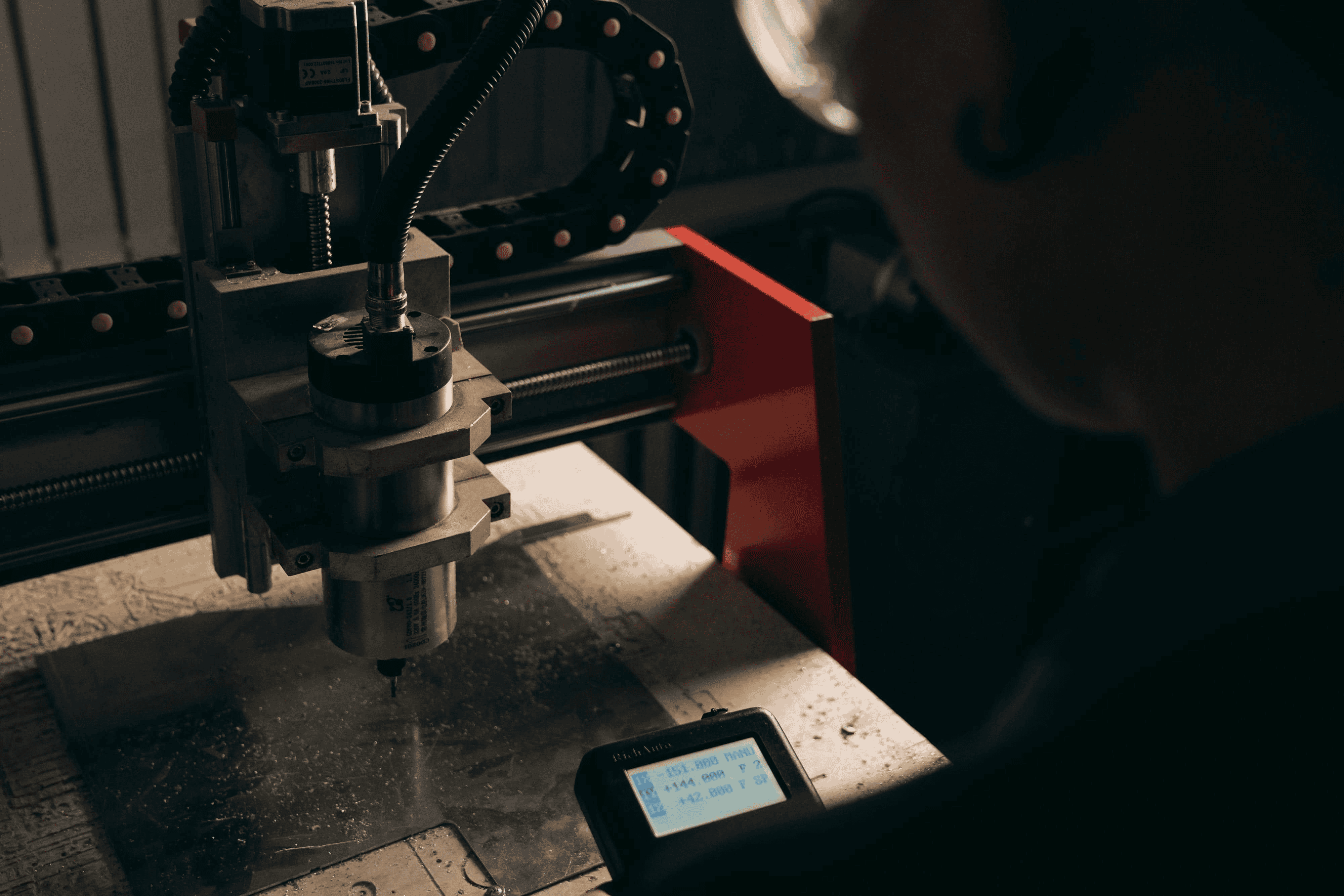Custom Fabrication

Industrial metal fabrication turns sheet, plate, bar, and tube into consistent parts and assemblies using a linked sequence of operations. Most projects flow through material selection, nesting, cutting or sawing, forming, joining, finishing, and inspection. The aim is repeatability: the thousandth part should match the first within the specified tolerances, surface finish, and strength requirements. For many buyers, the journey starts with a drawing, a model, or a sample part and a target delivery date.
Material choice drives performance and cost. Common options include carbon steel for strength and value, stainless steel for corrosion resistance, and aluminum for lightweight builds. Cutting methods range from laser and plasma to waterjet and saws, each with tradeoffs in edge quality, speed, and heat input. Forming relies on press brakes, rollers, and jigs to create precise bends and radii. Welding methods like MIG, TIG, and robotic cells join components while managing heat distortion and aesthetics. Finishing may add powder coat, paint, passivation, or anodizing for protection and appearance, while machining tightens critical dimensions after forming or welding.
Industrial metal fabrication with precision welding and forming for production parts
Quality assurance sits alongside production. Shops verify parts with calipers, gauges, and sometimes CMMs for complex geometry. Weld procedures, welder qualifications, and material traceability support consistent outcomes. First article inspection confirms the process before scaling, while work instructions and fixtures lock in repeatability for subsequent batches. The result is industrial fab that delivers both accuracy and throughput.
Selecting a partner is about matching capabilities to your needs. If you are comparing metal fabricators near me, start with parts’ thickness, envelope size, tolerances, materials, finish, and volume. Ask for evidence of similar work, available machines, and throughput. A transparent quote should reflect setup time, nesting efficiency, fixtures, weld time, finishing steps, packaging, and freight. Lead times depend on material availability, machine load, and how much fixturing or programming your job requires. For buyers searching industrial fabricators near me, an onsite visit can reveal organization, safety, and quality culture in ways a spreadsheet cannot.
Look for documented weld procedures, material certs, and inspection reports. ISO style processes, even without formal certification, indicate control over revision changes, first article approvals, and nonconformance handling. If your drawings rely on GD and T, confirm the team’s fluency and the gauges used to verify features. For safety critical items, ask about procedure qualifications and test methods such as dye penetrant or bend tests. Packaging and labeling also matter to keep parts damage free and traceable upon arrival.
Prototyping proves design intent and manufacturing flow. Expect iteration as fixtures, bend deductions, and weld sequences are refined. Once a part is stable, first article inspection locks in the recipe. For ongoing orders, batch size and takt time set the production rhythm, while kanban or blanket orders can stabilize pricing and supply. Good partners share feedback that simplifies assemblies, reduces weld length, or consolidates steps to save cost without sacrificing performance.
If you need a capable team to move your drawings from concept to consistent parts, our shop in Fayetteville Arkansas is set up to help. We pair precision cutting and forming with thoughtful fixturing, clean welding, and practical finishing to keep tolerances in check and timelines visible. For custom brackets, enclosures, racks, or small assemblies, explore our Custom fabrication overview to see how we handle one offs and production runs.
Curious about specific processes we use day to day and how they apply to your parts? Visit our Fabrication services page for a deeper look at material options, forming strategies, and finishing approaches that stand up in the field. If you are comparing options and want to understand what sets our workflow apart, see Why choose OZK Customs for a sense of our build philosophy and customer experience.
Whether you are searching metal fabricators near me for a quick prototype or planning repeat orders that demand clean documentation and steady delivery, we are ready to quote. Share your models, drawings, and requirements, and let us map the steps, the fixtures, and the timeline that fit your schedule and budget.
We're happy to talk specs, fitment, or just bounce ideas around.
Ready to turn drawings into dependable parts? Send your prints and requirements. Our Fayetteville Arkansas team delivers precise industrial fabrication, from one offs to repeat production, with transparent timelines and clear communication. Use the form to start your quote today.
ADDRESS:
6159 E Huntsville Rd, Fayetteville, AR 72701
PHONE:
(479) 326-9200
EMAIL:
info@ozkvans.com